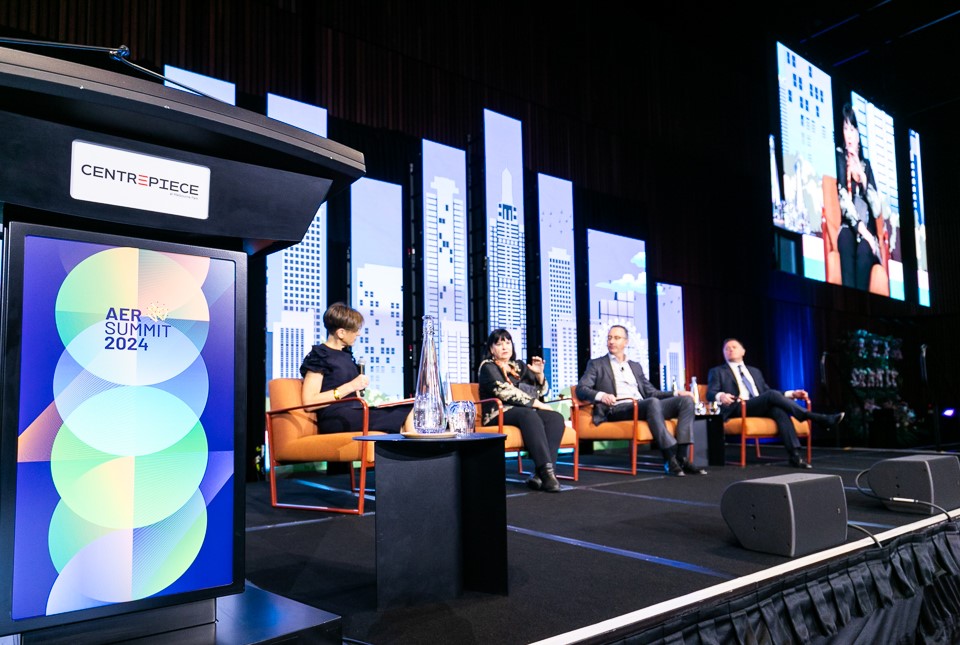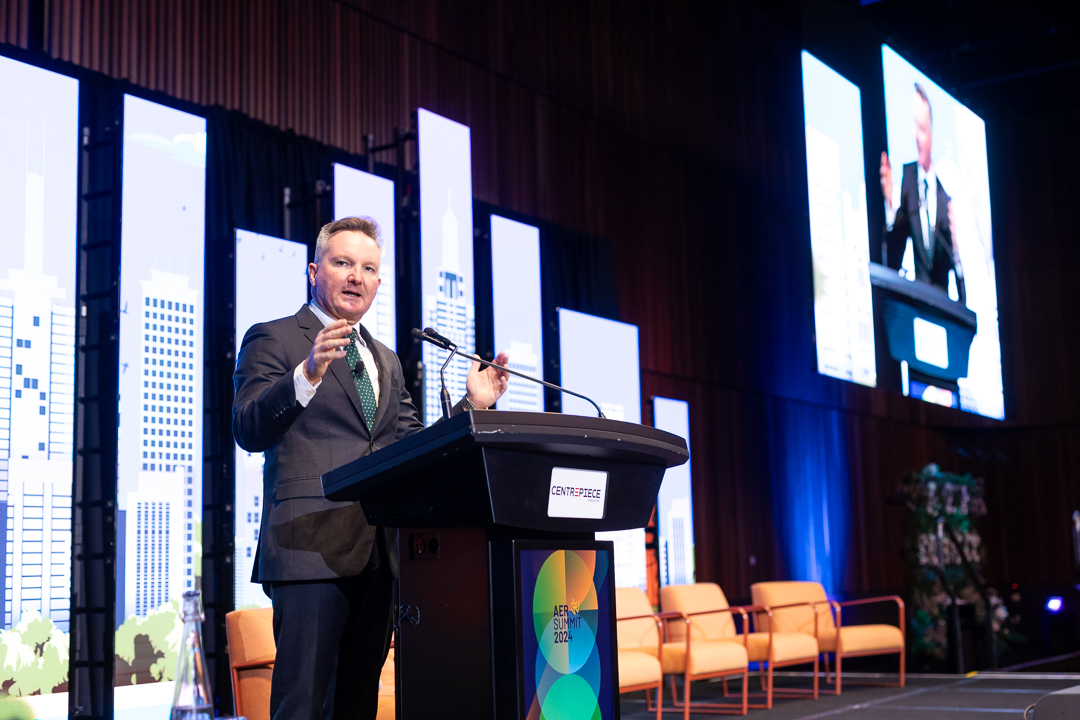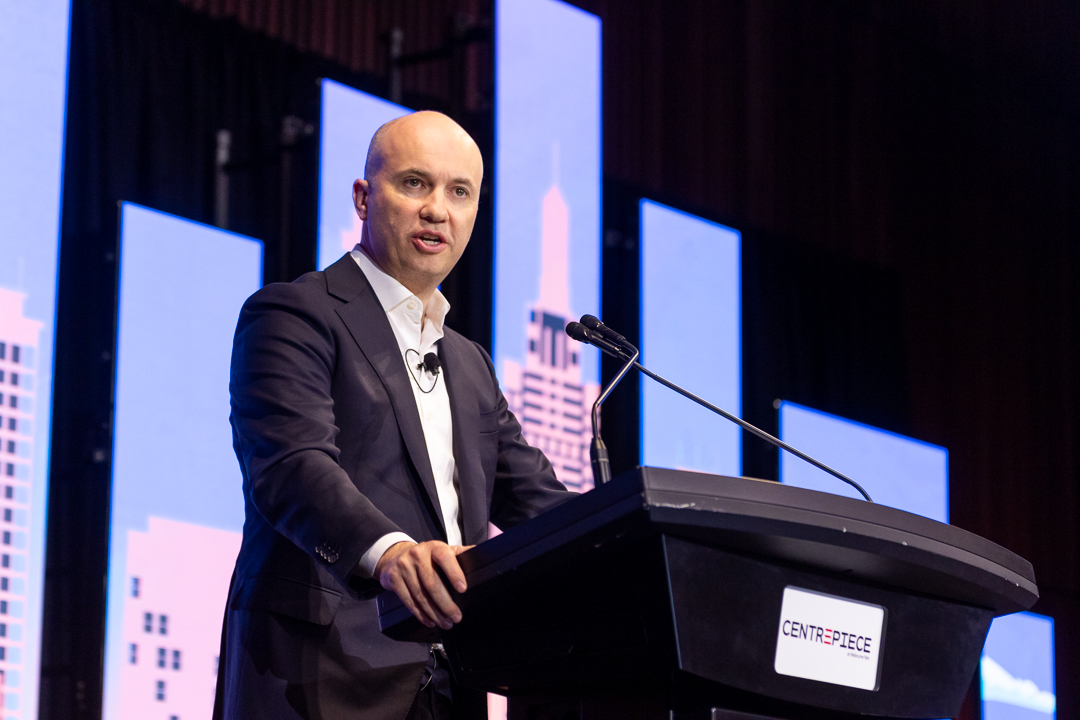Concerns about the future of policies for Australia’s largest emitters and some much-needed momentum for high integrity carbon credit development were a key focus at the 11th Australasian Emission Reduction Summit, which concluded yesterday.
Discussions at the summit, convened by the Carbon Market Institute and attended by more than 900 people, covered issues including First Nation priorities, integrity, corporate disclosure, trade, ensuring a just transition, nature repair, and climate anxiety.
“This summit took place at a crucial time in Australian and international policy development, with Australia and other nations due to announce 2035 emission reduction targets by early next year,” said Carbon Market Institute chief executive John Connor.
Connor welcomed Opposition Climate and Energy spokesperson Ted O’Brien’s reaffirmation at the summit of the Coalition’s commitment to net zero by 2050. However, he noted that the shadow minister had not clarified the Coalition’s position on the Safeguard Mechanism.
“Given that the Safeguard aligns industrial emitters to the 2050 net zero goal, businesses and investors will be looking for clarity as soon as possible regarding the Coalition’s stance on this important policy measure,” Connor said.
“Climate and Energy Minister Chris Bowen’s announcements on new carbon credit methods to reward climate action, and timetables for upgrading existing ones, were very welcome, Connor said.
It is essential that we move fast to deploy these new and upgraded methods, and we will work to accelerate those timetables, while acknowledging integrity in all methods is paramount, he noted.
Connor noted that the reformed Safeguard Mechanism and the ACCU scheme are now inextricably linked. If the Safeguard were to be weakened, there is a risk that large emitters could end up free of appropriate decarbonisation investment signals, he said.
Concerns about policy continuity were also raised by the Business Council of Australia chief executive Bran Black, who noted the positive impact of the Safeguard, and said that industry is looking for “certainty with respect to policy”.
Speakers at the summit included Climate Change Authority Chair Matt Kean, who emphasised that carbon markets have a crucial role to play.
“Australia’s ACCU market is enabling voluntary action by businesses right across the economy and encouraging innovation in techniques and technologies to capture and store more carbon,” Kean said.
European Climate Foundation Vice-Chair Sharan Burrow warned that climate change is triggering rising inequality, while Pastor Ray Minniecon, Co-chair of the Indigenous Peoples’ Organisation Australia, told the summit that the climate crisis is eroding human rights.
“This is truly a global human rights challenge that we all face,” Pastor Ray said.
Victorian Youth Affairs Council chief executive Mary Nega reminded the summit that young people “have a disproportionate stake in the climate crisis”, and called for best practice youth engagement in developing Australia’s next climate pledge.
ACTU senior advisor, Daniel Sherrell, told the summit that the government’s new Net Zero Economy Authority placed Australia amongst the top 5 in the world for just transition frameworks and would build “a bridge from the high carbon economy to the net zero economy” for workers and communities affected by the transition.
Several speakers emphasised the need to start the transition away from fossil fuels, in line with the global agreement reached at last year’s COP28 climate talks.
WWF Australia chief executive Dermot O’Gorman spoke of the need to “double down” on developing a pathway to a fossil fuels exit. Alden Meyer, senior associate at global consultancy 3G, said the world needs to annually scale back fossil fuel production to have any chance of limiting temperature rise to 1.5 degrees, suggesting there had been “collective amnesia” about the goals agreed last year.
Finally, with the “imminent” release of a paper on a potential Carbon Border Adjustment Mechanism, speakers addressed the importance of measures to support Australian industry and ambition in the transition to net zero emissions.



